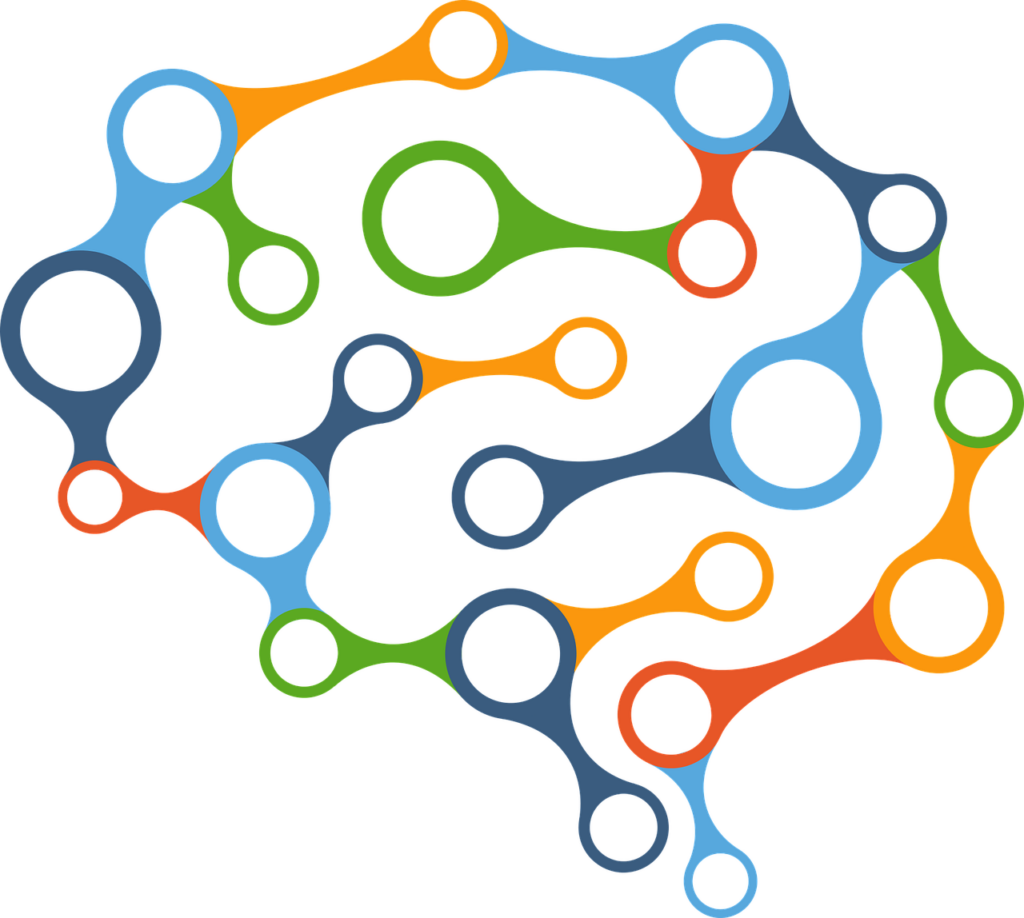As the holiday season reaches its climax, Paula Ruane reflects on one possible explanation for the post-holiday blues. Is it simply the inevitable result of leaving behind a lovely holiday, or in fact a sign of more serious, underlying conditions like stress or anxiety that impact everyday life?
In today’s fast-paced world, where the pressure to stay connected and productive is constant, the simple act of disconnecting during a holiday has become more than a luxury—it’s a necessity.
Paula Ruane, leading Stress Prevention Specialist and Author of “Being Your Best at All Times” said,”The benefits of taking a holiday extend far beyond the joy of travel and leisure. In our demanding work culture, chronic stress is a growing concern that can lead to someone burning out, which can lead to mental health issues. Research shows that regular breaks, including holidays, are crucial for reducing stress, lowering cortisol* levels, and improving overall life satisfaction.”
Holidays offer an invaluable opportunity to relax, unwind, and recharge. The act of stepping away from daily responsibilities and routines allows the brain to rest, leading to improved cognitive function and better decision-making upon return.
In stark contrast to the highs of being on holiday or taking a break, the “post-holiday blues” can result in feelings of sadness, lethargy, or anxiety that often emerge upon return to normal life. This emotional downturn can occur as the excitement and busyness of the holidays fade, leaving behind the reality of returning to daily routines, responsibilities, and possibly unfulfilled expectations from the holiday period.
Paula Ruane said, “Post-holiday blues often surface as a reminder that the transition from holiday or down-time to routine can be emotionally challenging. It’s a signal to pay attention to our mental health, acknowledging that even after the most joyous times, it’s essential to find balance, and ease back into our daily lives with thought and care.”
Recognising these emotions as a natural but important signal allows individuals to take proactive steps in managing their mental health, such as setting realistic goals, maintaining healthy routines, and seeking support if needed.
Paula Ruane utilises a unique, research-backed approach to reduce stress, helping people to return calm, focus and clarity to their everyday lives which in turn improves mental and emotional health. These techniques, developed over nearly two decades, utilise scientifically proven HeartMath and Solution Focused Hypnotherapy to help alleviate stress and long lasting strategies to combat bew waves of stress-inducing episodes.
ENDS
*What is Cortisol?
Cortisol is often referred to as the “stress hormone” because of its key role in the body’s stress response. It is produced by the adrenal glands, which are located on top of your kidneys. Here’s how cortisol is involved in causing and managing stress:
- Activation of the Stress Response:
- When you encounter a stressor (anything perceived as a threat or challenge), your body’s “fight-or-flight” response is activated. This response is primarily managed by the hypothalamus-pituitary-adrenal (HPA) axis.
- The hypothalamus, a region in the brain, signals the pituitary gland to release adrenocorticotropic hormone (ACTH).
- ACTH then prompts the adrenal glands to produce and release cortisol into the bloodstream.
- Effects of Cortisol:
- Increase in Glucose: Cortisol increases glucose (sugar) availability in the bloodstream, providing immediate energy to muscles and the brain to handle the perceived threat. This is essential for the “fight-or-flight” response.
- Suppression of Non-Essential Functions: Cortisol temporarily suppresses bodily functions that are not essential for immediate survival, such as the immune response, digestion, and reproductive processes.
- Heightened Alertness: Cortisol enhances brain functions related to memory and attention, helping you to stay alert and focused on the stressor.
- Chronic Stress and Cortisol:
- Sustained High Levels: When stress becomes chronic (ongoing and long-term), cortisol levels can remain elevated for extended periods. This continuous presence of high cortisol can have negative effects on the body and mind.
- Impact on Physical Health: Prolonged high cortisol levels can lead to various health problems, such as weight gain, hypertension, type 2 diabetes, osteoporosis, and weakened immune function.
- Impact on Mental Health: Chronically high cortisol levels can also contribute to mental health issues, including anxiety, depression, memory problems, and difficulties with concentration.
- Feedback Mechanism:
- Normally, once the stressor is gone, cortisol levels should decrease as part of a feedback loop. The hypothalamus and pituitary gland detect high levels of cortisol and reduce ACTH production, which in turn reduces cortisol release.
- However, if the stressor persists or if the feedback loop is disrupted (as seen in some chronic stress conditions), cortisol levels can remain elevated, perpetuating the stress response.
Note
Cortisol plays a crucial role in managing the body’s response to stress, but when stress is prolonged, the continued high levels of cortisol can lead to both physical and mental health problems. This is why managing stress effectively is important for maintaining overall well-being.





